Understanding where the 300 million+ business names come from will help you find a name for your company.
There are a lot of businesses in the world, 300 000 000 roughly, and all of them have a brand name. Finding a unique name for your business that conveys what you want for your brand is no easy task.
Thankfully, Jonathan Bell, founder / CEO of Want Branding, breaks it down in his TED Talk. He states it more clearly and succinctly than I ever could, so I encourage you to watch his 5-minute presentation.
He surmises that all of those millions of brand names fall into one of these seven categories, each with a formula.
Eponymous: Based on the founder’s name. E.g., Disney
Descriptive: What a company is or does. E.g., American Airlines
Acronymic: Letters to shorten a previous title. E.g., KFC
Suggestive: Existing or new words that suggest what the business is or does. E.g., Pinterest
Associative: Existing or new words with positive associations. E.g., Red Bull
Non-English: Names based on words in foreign languages. E.g., LEGO
Abstract: Using phonetics to create new English-sounding words. E.g., Rolex
The goal of any brand is for its name to have a meaning; when a brand is meaningful, it brings to mind specific associations and qualities that make marketing and sales easier, thus have brand equity.
The opportunity when generating a new brand name is to get a head start on by choosing a name that already has meaning to customers based on the words or syllables within it. A great new name can be one of the few advantages a startup has over a legacy brand.
Eponymous Brand Names
A business name derived from a person’s name, usually a founder or a historical figure.
Company founders enjoy legendary status in the modern world. Not only are their names in magazines, in history books, and on hospitals, they can also be found in brand names. But there is a bit of laziness and ego embedded in these names too.
If a company is named after a person, usually it is the founder. Everyone knows Disney is named after Walt Disney, but it is a fun fact that Adidas was named after founder Adi Dassler.
A select few brands take their names from historical figures and fictional characters. Tesla, the electric car company, is named after Nikola Tesla 50 years after he died. The people who founded Starbucks borrowed the name of a character in Moby Dick.
Examples of Businesses Named After People:
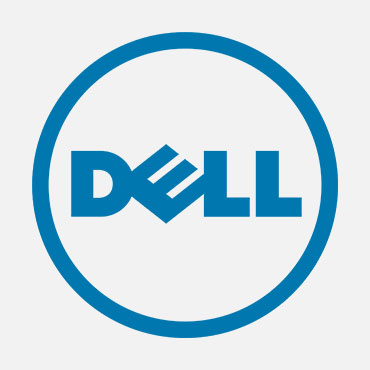
Dell is named after Michael Dell, the company’s founder.
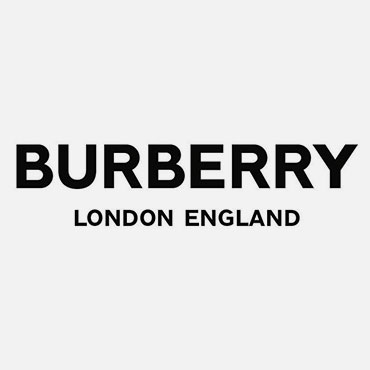
Burberry was named after Thomas Burberry, the business’ founder.
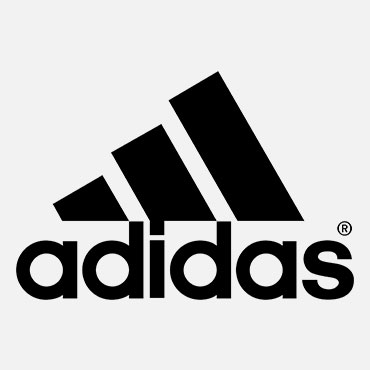
Adidas was named after Adi Dassler, the company’s founder.
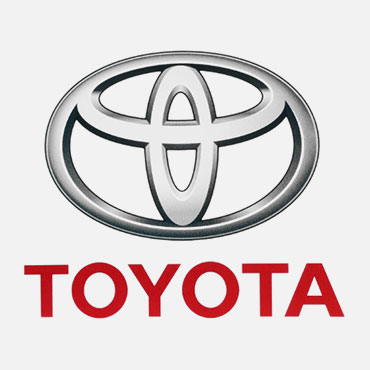
Toyota is derived from the Toyoda family name.
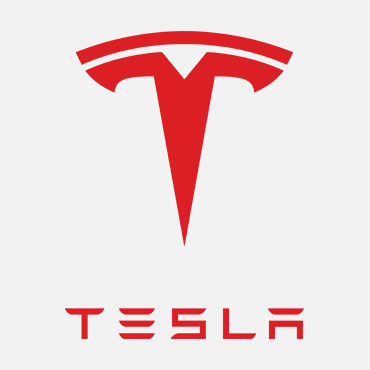
Tesla is named after Nikola Tesla, the historic electrical engineer.
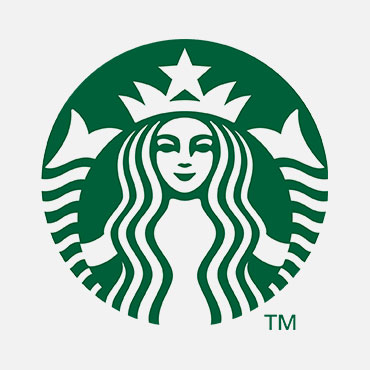
Starbucks was named after ‘Starbuck,’ a character in Moby Dick.
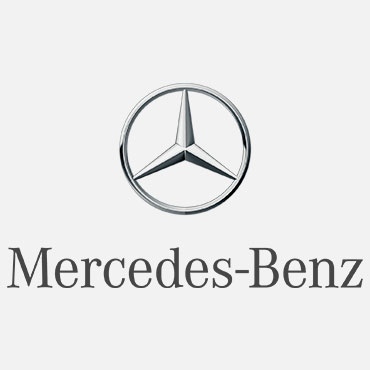
Mercedes and Benz were both named after people. Mercedes was the daughter of Emil Jellinek, and Benz was named after Karl Benz.
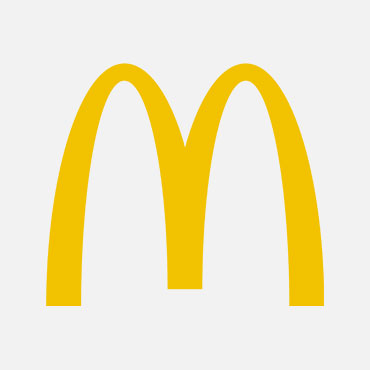
McDonalds was named after founder Richard McDonald.
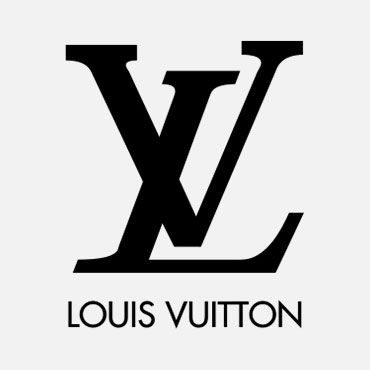
Louis Vuitton is the name of the fashion brand’s founder.
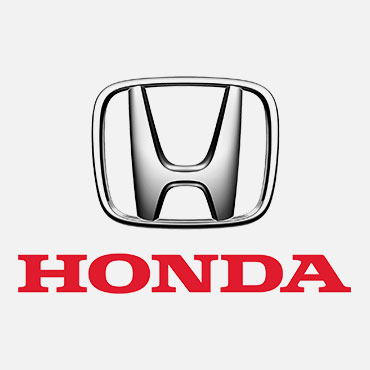
Honda‘s name comes from it’s founder, Soichiro Honda
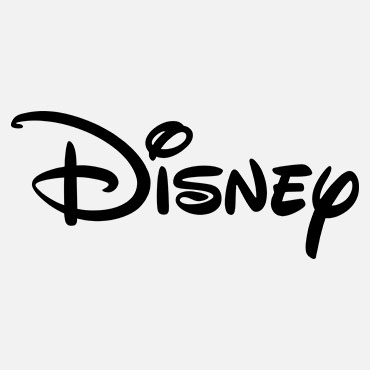
Disney was named after Walt Disney, the founding animator.
Descriptive Brand Names
Company names that state the companies product or business.
Stating what a company provides within its name can help consumers. One could easily guess that The Home Depot is a large space for home-related products. Saying what the business does in its name is particularly useful for new companies with low brand recognition; people who haven’t heard of the brand instantly get a sense of what to expect just from hearing the name.
But trying to describe the business within its name can make brand names wordy, unrecognizable, and legally indefensible. Descriptive brand names run long; describing a business succinctly in a paragraph is challenging, and doing it in a few syllables is nearly impossible. They are easy to forget because they are not unique because they use existing words. And it is hard to stop others from using the same set of words to describe their business, so they are hard to protect.
That dynamic of being useful for a new brand then being challenging for an established brand means that a lot of companies that start with descriptive brand names move to acronyms, as we will see in the next section.
Examples of Descriptive Business Names:
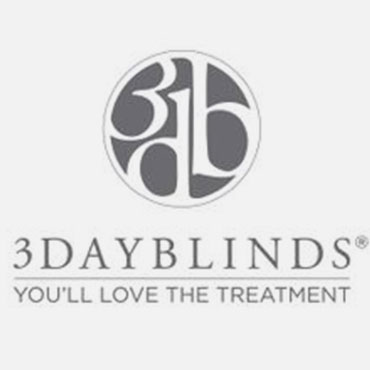


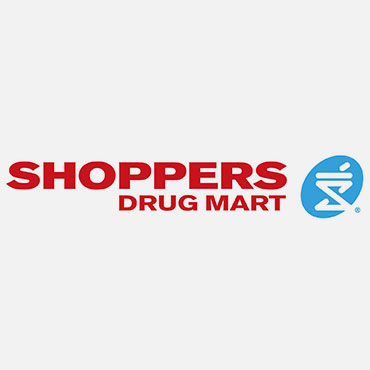
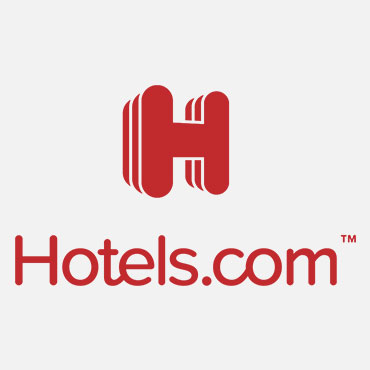
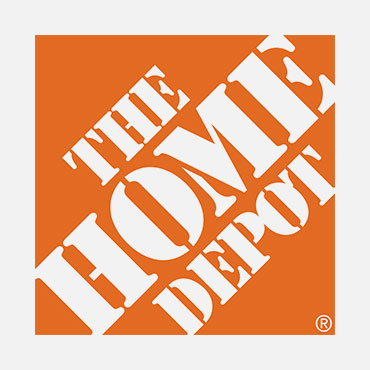
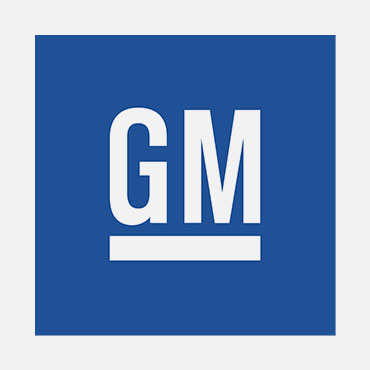

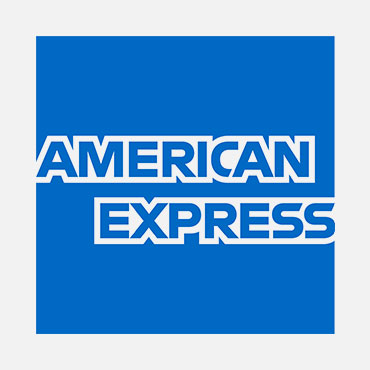
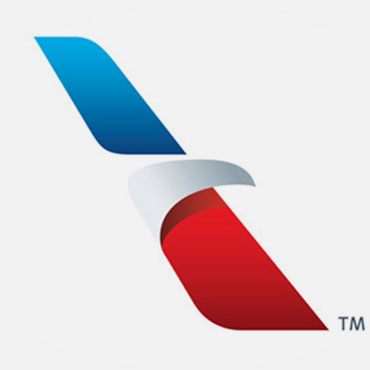
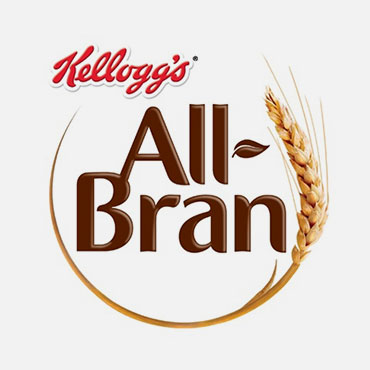
* Thanks for the examples, Eric M Pelton. See his article regarding suggestive brand names.
Acronymic Brand Names
Sets of letters that form brand names.
An acronym is a shortened version of a phrase that uses the first letter from each word in the phrase. Acronymic brand names apply this to the name of a company.
The full names of acronymic brands are usually descriptive brand names that the company has outgrew. General Electric now goes by GE, and IBM is short for International Business Machines. Making an acronym often makes the brand name more snappy, unique and memorable. I use this logic myself; I promote Brand Marketing Blog as BMB.
Sometimes the move to an acronymic name is strategic; a company may be in a better position for success if they obscure their original name. The preferences of their market may have changed since they named their company, or their old name might keep them from competing in new markets. The name Kentucky Fried Chicken held the company back like a boat anchor when appealing to modern, health-minded consumers, so they now go by KFC. The Hongkong and Shanghai Banking Corporation saw their name as a burden when moving to the other markets in the world, so they now go by HSBC.
Examples of Business Names with Acronyms:
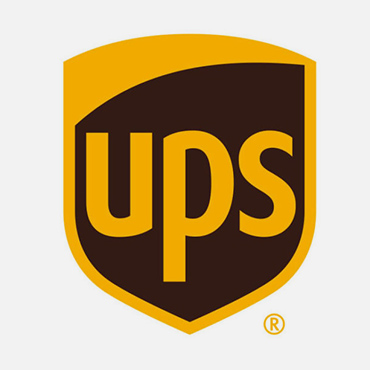
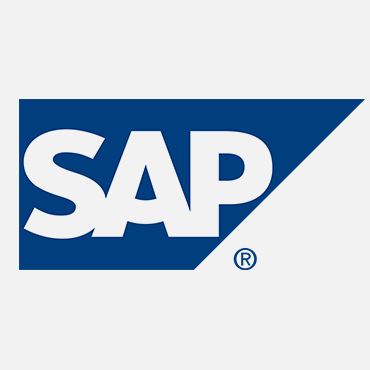
Systems, Applications & Products in Data Processing
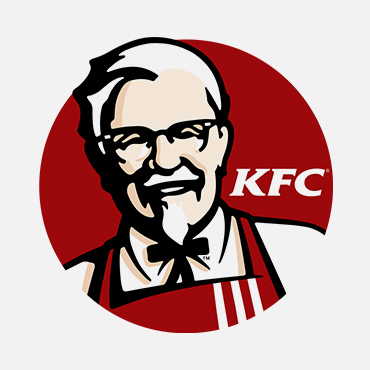
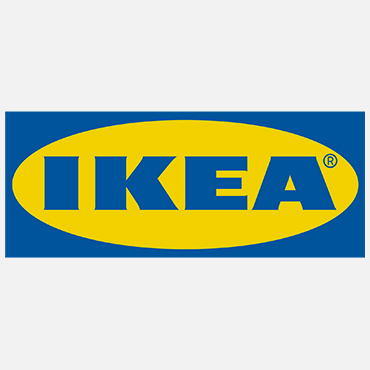
IKEA stands for Ingvar Kamprad (the founder), Elmtaryd (the farm in which he grew up) and Agunnaryd (the village where he grew up).
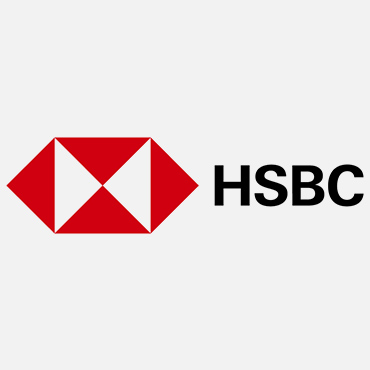
Hongkong and Shanghai Banking Corporation.
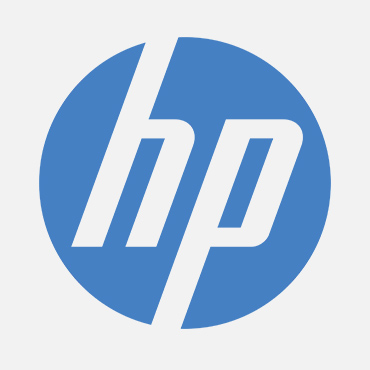
Bill Hewlett and Dave Packard.
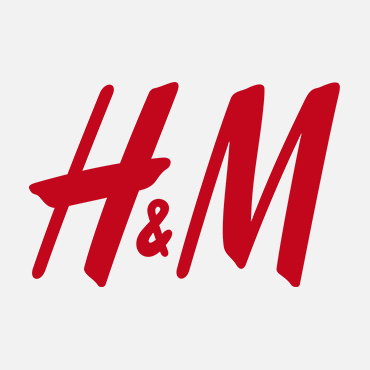
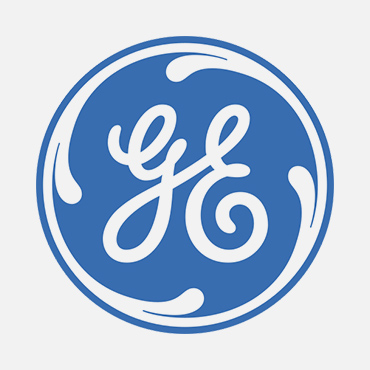
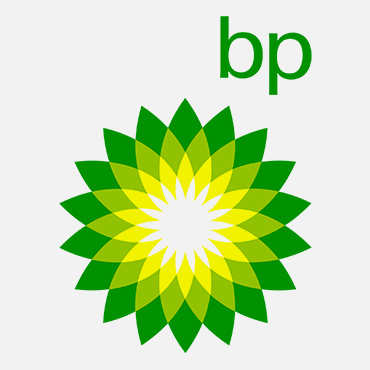
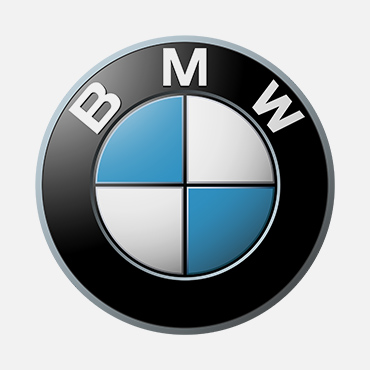
Bayerische Motoren Werke.
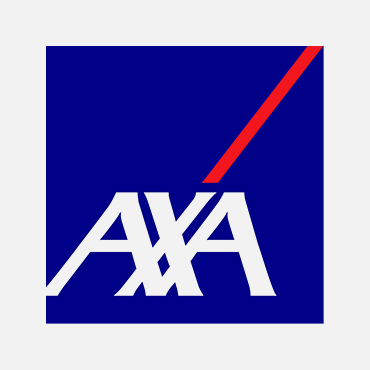
AXA is not actually an acronym. AXA was chosen because it was an easy set of letters to say together.
Suggestive Brand Names
Names that use existing words and their concepts to hint at what the business does.
There are descriptive names that just say what a business does, and these are names that are unique but do not say anything about the company. Suggestive names live in the space in-between.
They use or modify existing words that speak to what the business provides. Pinterest uses the words ‘pin’ and ‘interest’ both of which are important to their product: helping people create pinboards based on interests. Pinterest, and other brands with suggestive names get the benefit of a short, catchy, and legally protectable name while still speaking to their business.
There are three sub-categories for suggestive names: real, composite and invented.
Real suggestive names are pulled from the dictionary with meanings that are close to descriptive, but not on the nose. For example, Uber means an outstanding example. But it is hard to find real words that haven’t been used.
Composite suggestive names are two words, both with beneficial meanings, placed together to make a unique name. These are also called compound brand names. Facebook and RayBan are examples.
Invented suggestive names take real words and add, subtract or change letters to make unique brand names. Kleenex is a prime example. Modifying letters in existing words is a common tactic when pharmaceutical companies choose the brand names for their drugs, e.g., Celebrex, Viagra, Prozac, etc.
Blending two words into one, called portmanteau, is an excellent way of finding invented names. Pinterest, our earlier example, uses portmanteau. The Multiply Method, our method for naming brands, is a way to generate business names consistently. We used The Multiply Method to name our mountain sports lifestyle brand, Nordeau, by combining ‘Nordic’ and ‘Eau,’ two words associated with that business.
Examples of Suggestive Business Names:
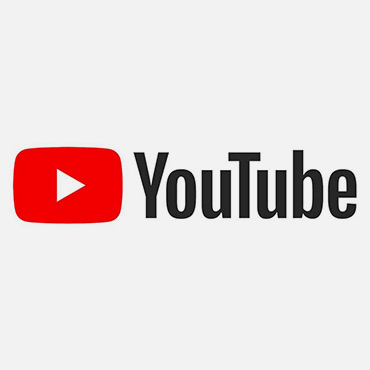
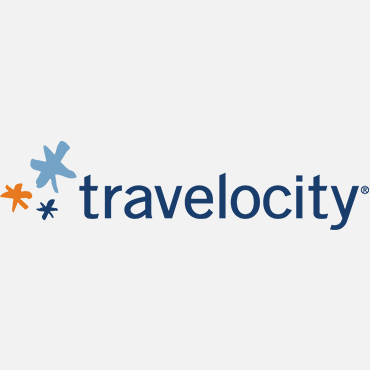

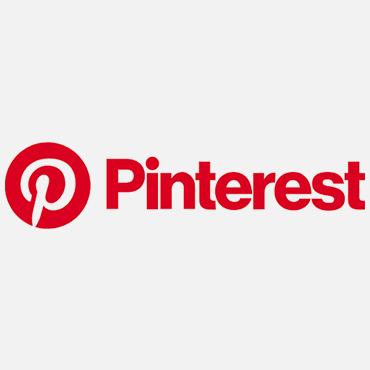
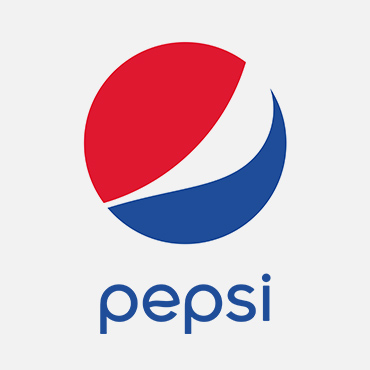
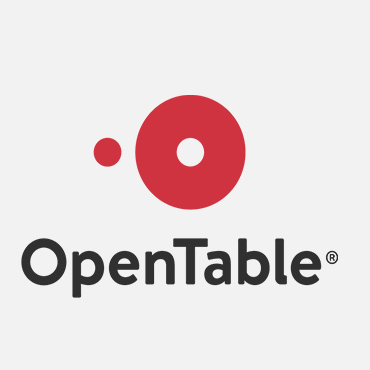
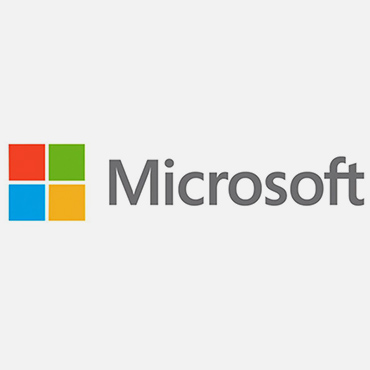
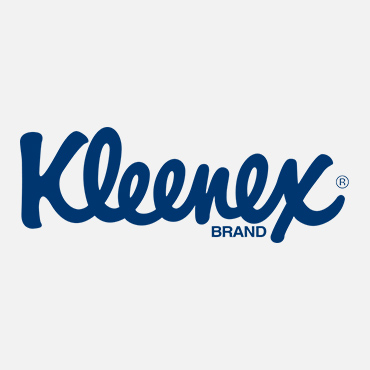
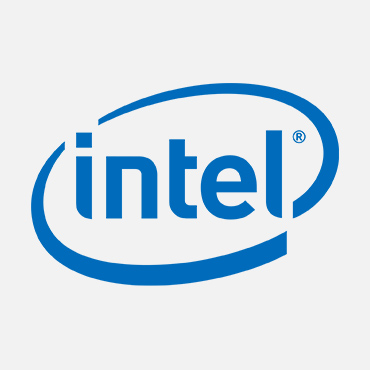
‘integrated’ and ‘electronics.’ It helps that it is the first letters of ‘intelligence.’
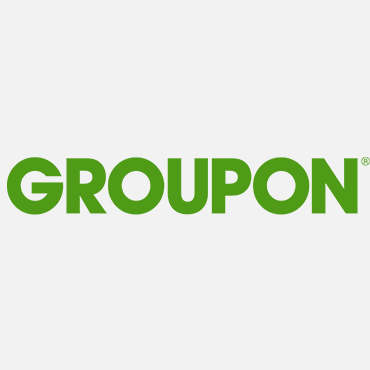
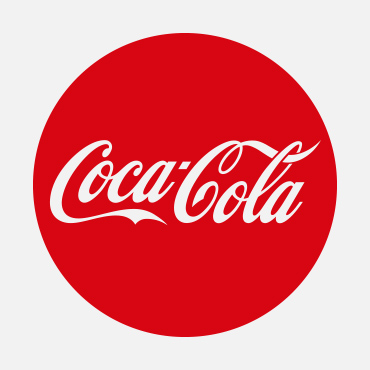
Associative Brand Names
Brands that associate the concepts described by words to the brand.
Where suggestive brand names suggest at what a business does, an associative brand name speaks to the feelings, traits, and imagery a brand want’s to be associated with. Associative brand names reflect the emotions related to an existing word back onto a brand. Much like how a bird in a logo would speak to a brands swiftness, a name inspired by a bird would have the same effect.
The Amazon river is the longest river in the world, so it a fitting name for the website that boasts the world’s largest selection of products. Sirius is the brightest star in the sky, so SiriusXM’s brand name speaks to music that comes from the sky, and the place to hear the brightest stars. Red Bull energy drinks are to create bull like feelings: energy, power, and confidence.
Examples of Associative Business Name:
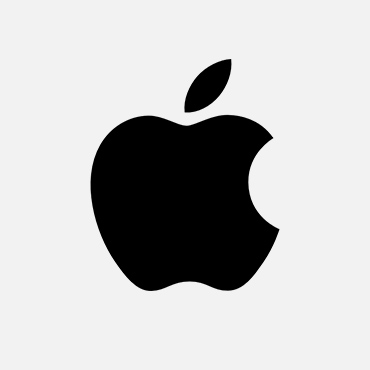
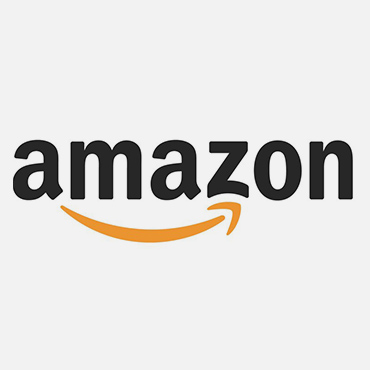
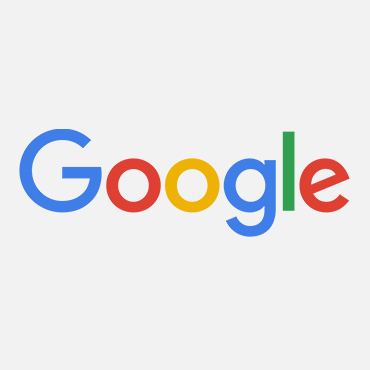
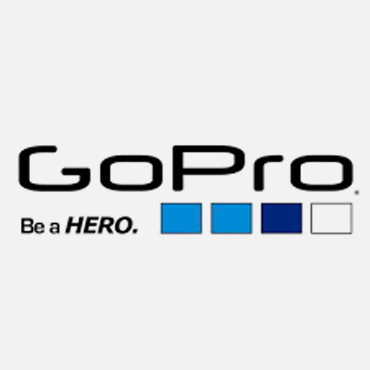
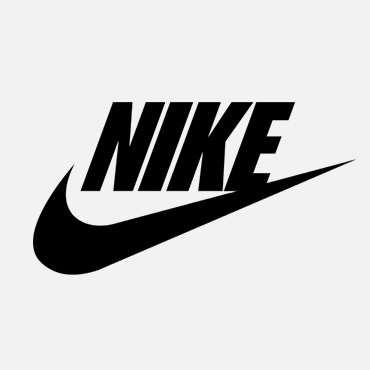

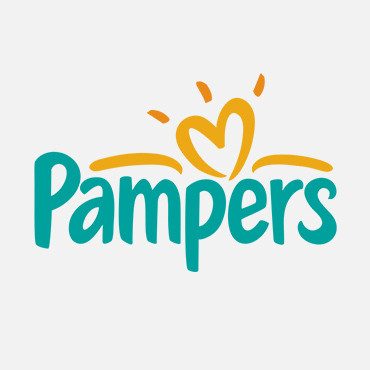
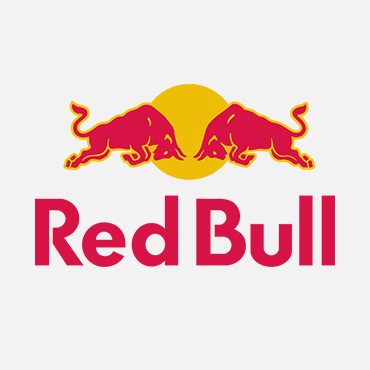

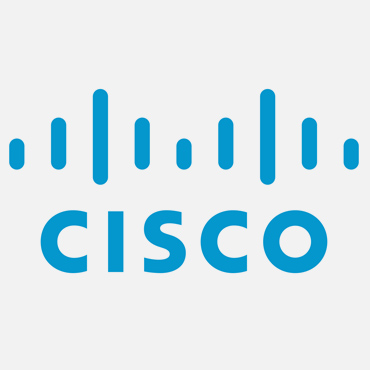
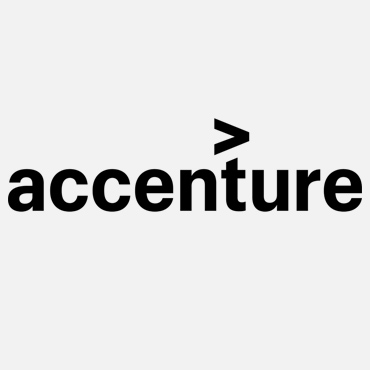
Non-English Brand Names
Business names based on words from other languages.
We are more of a global community than ever before, and branding is a concept that works around the world. We can take inspiration from other cultures and languages for our brand names. Words adapted from other languages tend to be unique names within the English speaking business world.
Samsung means “three stars” in Korean. Lego means play-well in Danish. Zappos comes from the Spanish word for shoes, Zappatos. And Hulu comes from a Chinese proverb where it means a bowl to store precious things.
Different international meaning is a sword that cuts both ways though; a great name in one culture may have a torturously bad meaning in another. For example, Ford’s compact car in the 70s flopped in Brazil because Pinto, the name of the vehicle, means “tiny male genitals” in Portuguese.
While these names have rich meanings in other cultures, only a phew of your customers may understand that meaning. The exotic and meaningful origin of a non-English brand name makes for an exciting story to tell, one that parlays well into a discussion of the brand’s values.
Examples of Non-English Business Names:
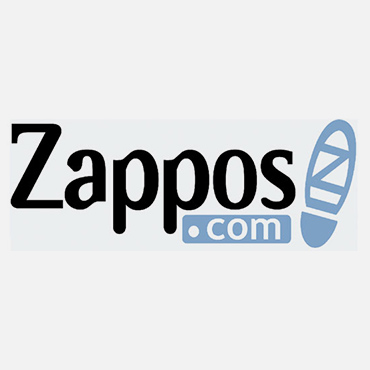
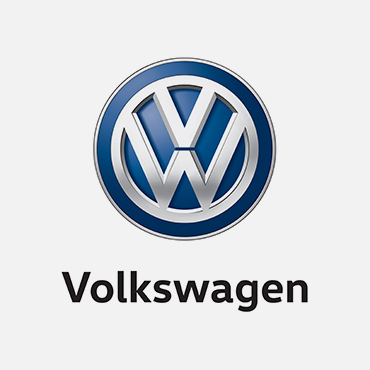
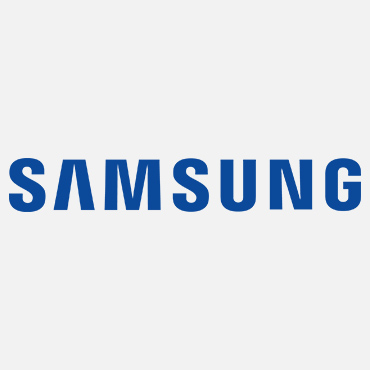
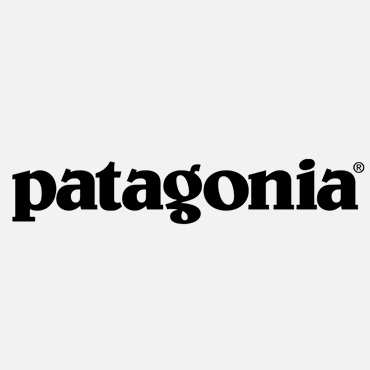
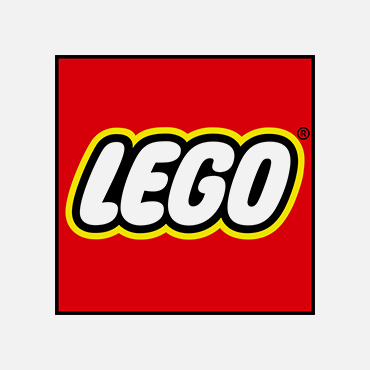
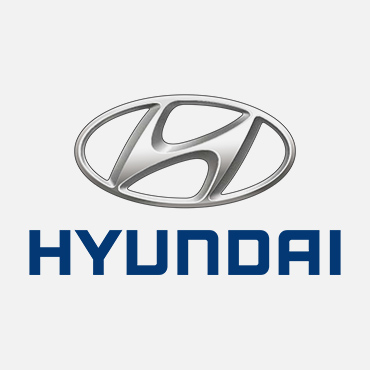

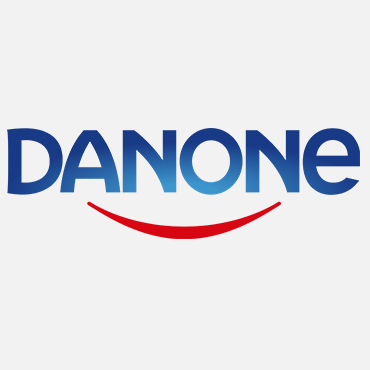
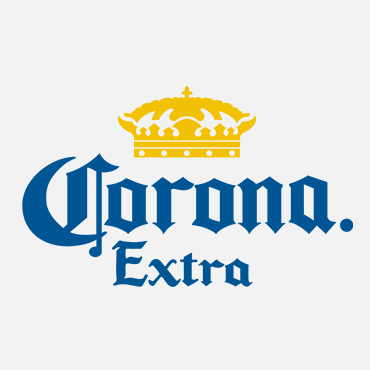
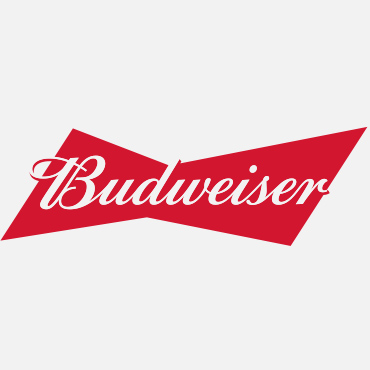
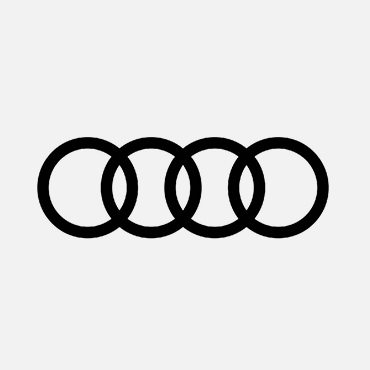
Abstract Brand Names
Names that have no meaning, but have qualities based on the phonetics.
Phonetics is the study of sounds used in language; while there are only 26 letters in the English alphabet, there are 44 common sounds to words. Abstract business names combine these sounds into new words that sound like a word in English.
Unconstrained by previous words, abstract brand names can be unique, punchy, and memorable. A well designed abstract name can be fun to say. Kodak. Rolex. Sony.
The downside to these names are also their biggest strength: they have no intrinsic meaning. Because they are new words, there is nothing to suggest what the business does or a concept to associate with. They might sound like another word, but they are pretty much a blank slate.
But the names of the best brands in the world are stand-ins for big ideas or concepts. Abstract names are empty vessels, and it is up to the entrepreneurs, marketers, and operators to impart that meaning onto their company name.
Examples of Abstract Business Names:
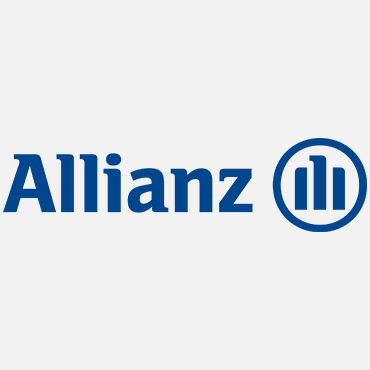
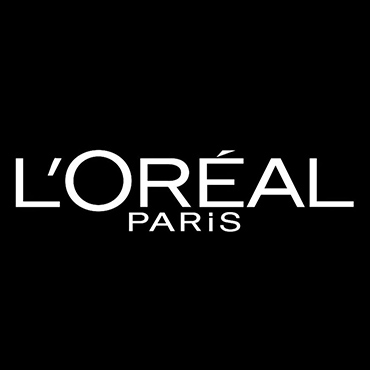
Auréale.
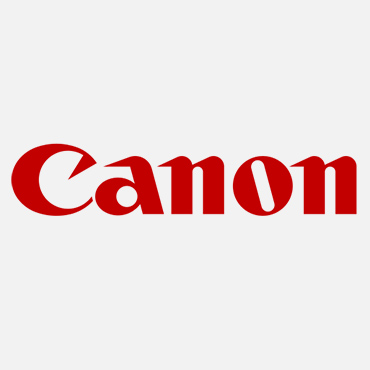
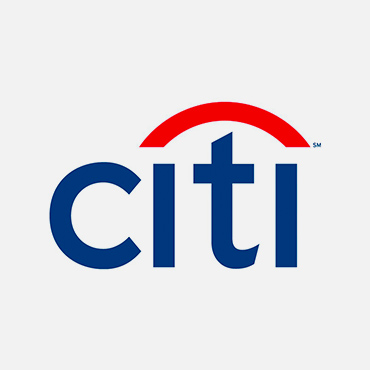
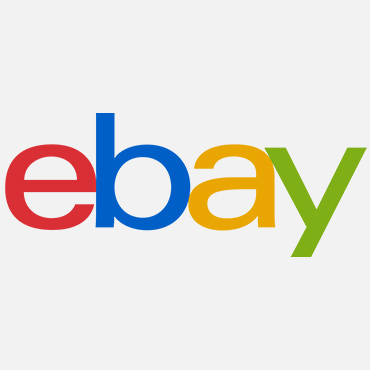
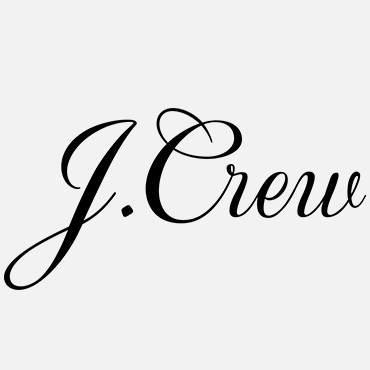
Ralph Lauren’s Polo sub-brand.
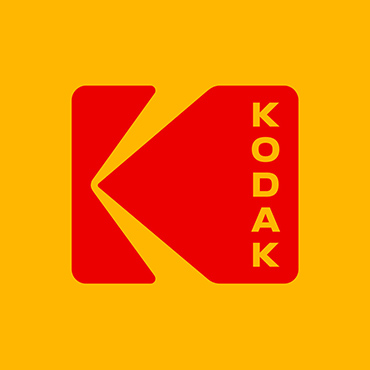
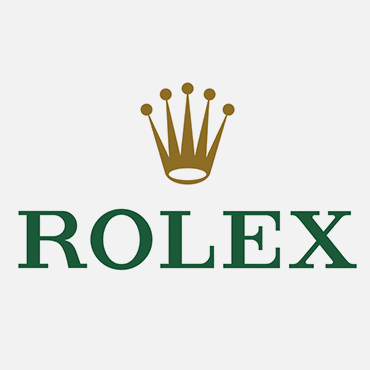
Rolex co-founder, Hans Wilsdorf, wanted a name that could be pronounced in multiple languages.
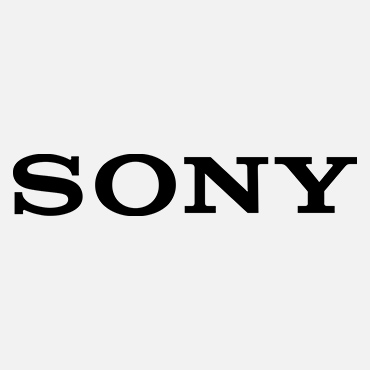
Tokyo Tsushin Kogyo, was a mouthful, so they made up a new name.
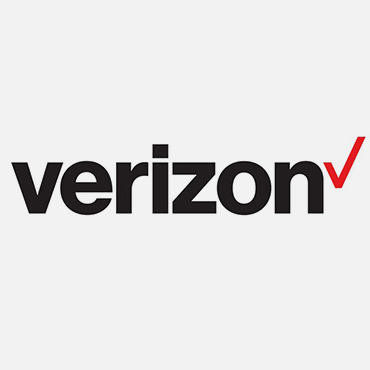
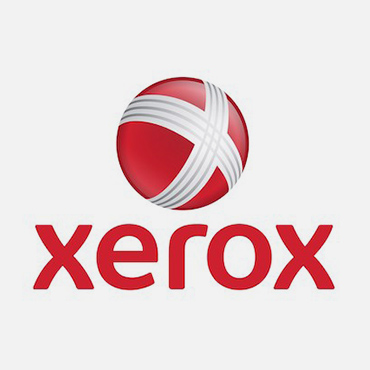
Thank you to Jonathan Bell of Want Branding for giving us permission to use his structure. He does not endorse any of the products mentioned.
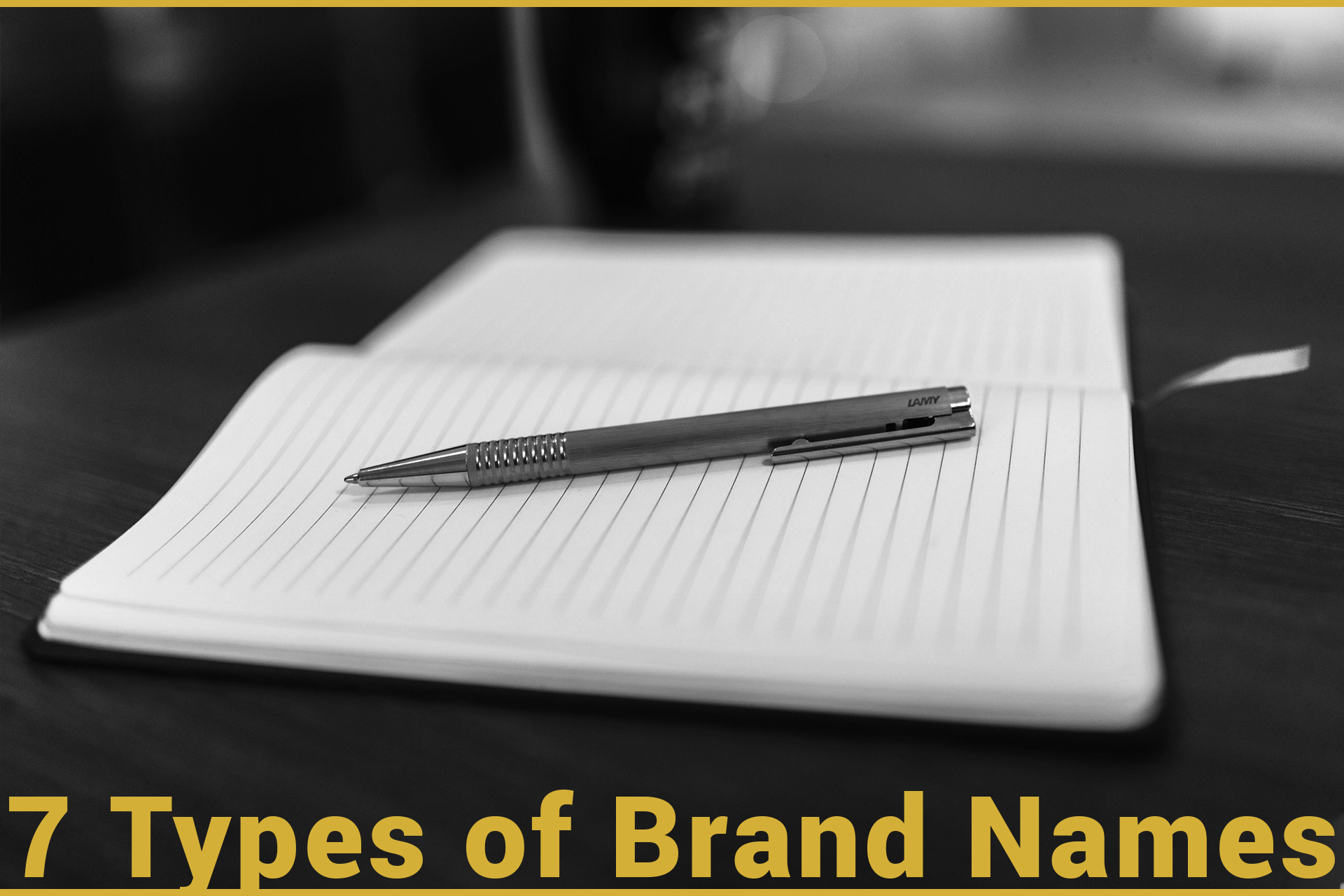
Leave a Reply